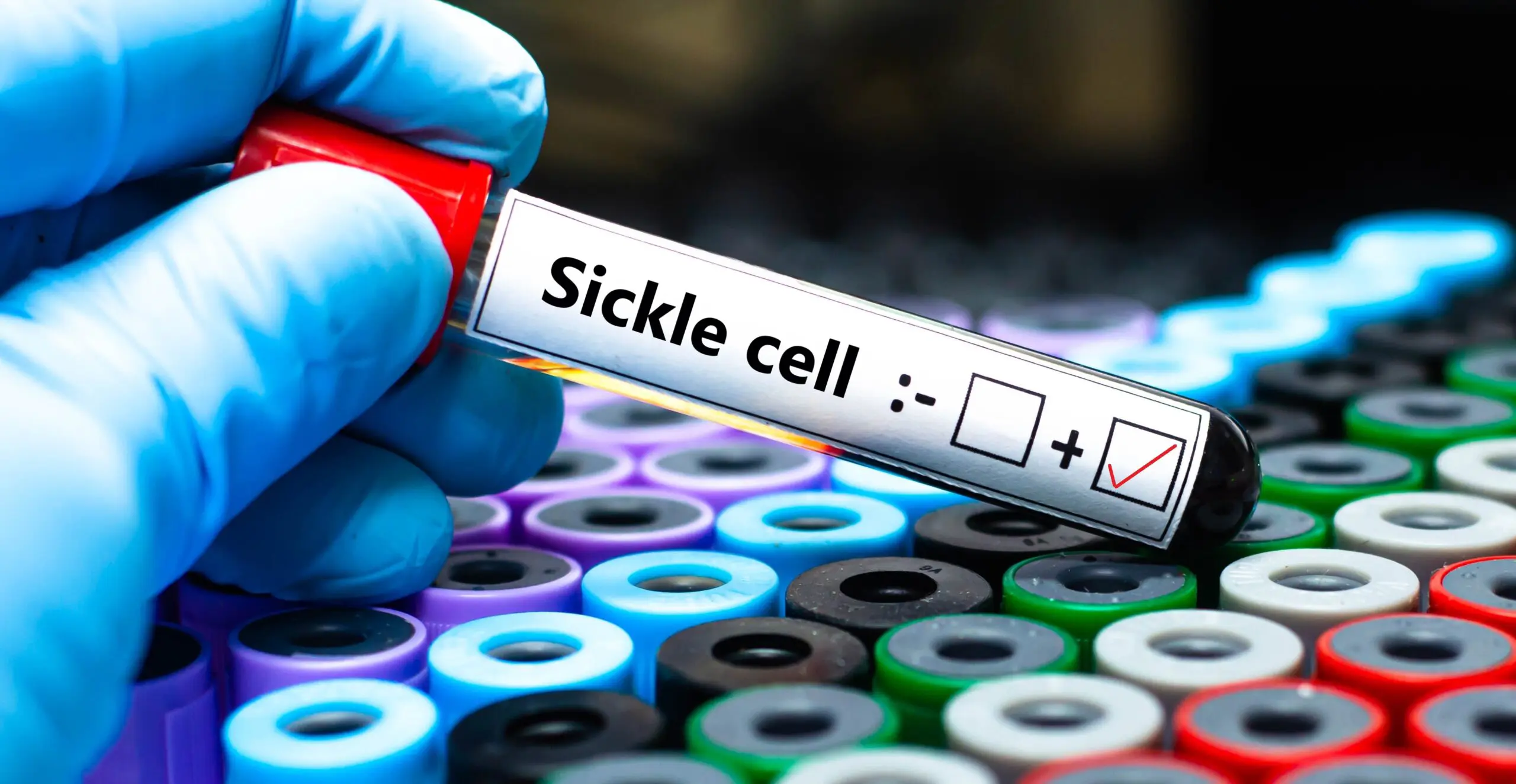
Sickle Cell Disease
Dr. Ayer has been a leader in the provision of care of patients with sickle cell disease for over 20 years. She was the first doctor to provide a true medical home for adults with sickle cell in our community. She provides primary care including well and sick visits, management of sickle cell related medications and pain medicines, acute care including outpatient infusions for patients with sickle cell disease. As she has expanded her practice to include integrative medicine care and lifestyle medicine, she is one of the few doctors to provide these services to sickle cell patients.
Integrative medicine is the form of medical care that combines standard evidence based medicine with complimentary alternative therapies. Integrative medicine for sickle cell disease focuses on a holistic approach to pain management and overall wellness, often incorporating non-pharmacological therapies alongside conventional treatments. This approach aims to empower patients to better cope with chronic pain and manage their condition through a variety of strategies.
Lifestyle medicine plays a crucial role in managing sickle cell disease by supporting overall health and reducing complications. Key aspects include proper nutrition, hydration, regular exercise, and stress management. Additionally, avoiding harmful substances like smoking and alcohol can help prevent crises and improve long-term health outcomes.
Key Aspects of Integrative Medicine For SCD
Integrative medicine strategies can help manage SCD pain, including chronic pain and pain crises, through approaches like acupuncture, massage therapy, relaxation techniques, and mindfulness practices. Integrative medicine often requires a multidisciplinary approach.
It considers the physical, psychological, and emotional aspects of SCD, aiming to address the individual's overall health and well-being.
These therapies can help reduce reliance on pain medications and improve pain tolerance. Examples include mind-body techniques, such as yoga and hypnosis, and cognitive behavioral therapy.
Integrative medicine emphasizes understanding individual patient preferences and tailoring treatment plans accordingly.

Examples of Integrative Medicine Strategies For SCD
Mind-Body Therapies
Relaxation techniques, meditation, mindfulness, yoga, and hypnosis can help manage pain and improve coping skills.
Acupuncture
Some studies suggest acupuncture can reduce pain intensity and improve pain interference during both acute and chronic pain episodes.
Massage Therapy
Massage can help reduce pain and promote relaxation.
Physical Therapy
Strengthening and conditioning exercises can improve physical function and reduce the risk of complications.
Psychological Support
Counseling, therapy, and support groups can help patients cope with the psychological impact of SCD.
Dietary and Lifestyle Modifications
A balanced diet, hydration, and avoidance of known triggers can help manage SCD and reduce the frequency of pain crises.

Benefits of Integrative Medicine For SCD
Reduced reliance on pain medications:
Non-pharmacological therapies can help decrease the need for pain relievers.
Improved pain management:
Integrative approaches can help reduce pain intensity and improve pain tolerance.
Enhanced quality of life:
By addressing the physical, psychological, and emotional aspects of SCD, integrative medicine can improve overall well-being.
Increased self-efficacy:
Patients can develop greater confidence in their ability to manage their condition and cope with pain.
Patient-centered care:
Integrative medicine focuses on understanding the individual patient's needs and preferences, leading to more personalized treatment plans.
Lifestyle Medicine for Sickle Cell Disease
1. Nutrition and Hydration
Folic acid:
Essential for red blood cell production, a daily supplement is recommended by Nemours Children's Health.
Hydration:
Dehydration can increase blood viscosity, exacerbating crises. Aim for 8 glasses of water daily, especially during exercise or hot weather.
Heart-healthy diet:
Choose foods like fruits, vegetables, and whole grains, while limiting saturated fats, sodium, added sugars, and alcohol.
Nutrient-rich foods:
Include a variety of colorful fruits and vegetables, as well as whole grains.
Specific nutrients:
Consider folic acid, zinc, vitamin D, and omega-3 fatty acids for their potential benefits.
2. Physical Activity and Exercise
Low- to moderate-intensity exercise: Walking or swimming can improve cardiovascular health and pain management.
Avoid overexertion: Consult with a healthcare professional about appropriate exercise levels.
3. Stress Management
Stress reduction techniques: Mindfulness, meditation, and cognitive-behavioral therapy can be helpful.
Relaxation techniques: Breathing exercises can help manage stress and potentially reduce pain crises.
4. Avoiding Harmful Substances
Smoking: Smoking worsens lung complications, including acute chest syndrome.
Alcohol: Alcohol can cause dehydration, which is a risk factor for sickle cell crises.
5. Other Important Considerations
Temperature control: Avoid extreme temperatures, both hot and cold, as they can trigger crises.
Altitude: Be cautious at high altitudes, as the lack of oxygen can increase the risk of a crisis.
Mental health care: SCD can affect mental health, so consider seeking professional support.

